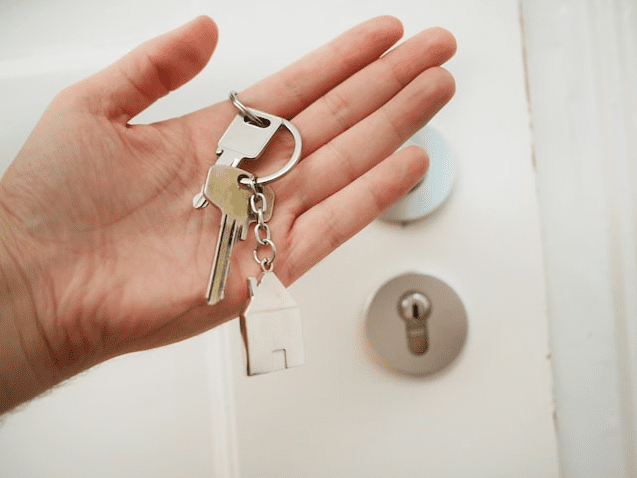Albuquerque home sellers sometimes find themselves accepting an offer only to receive an even higher offer shortly afterwards. There can be a lot of strategic juggling involved, but generally, a seller cannot back out without facing legal repercussions. As soon as you agree to a sale, you're bound by the terms drawn up by the real estate agent. The contract is legally binding and often contains terms about what will happen if the sale does not go through.
When a sale does not occur after an agreement has been reached, the buyer's financing is usually the culprit. As a result, the seller may keep some of the deposit funds or even keep the entire deposit. It is also possible for the seller to work with the buyer to resolve any issues that have arisen during the process.
Both parties are protected by these terms against unforeseen problems and challenges during this complex financial transaction. It is not permitted to back out of a contract for personal reasons. When a buyer accepts an offer, they must purchase the home or lose their deposit. Sellers who renege on their agreements risk financial and legal repercussions if they do not sell their property.
Contractual Contingencies Actually Work In Your Favor
It is generally the seller's responsibility to go through with this real estate transaction, but if a better offer comes in, the seller can escape the deal. It is common for a sales agreement to include several contingencies that protect both the buyer and seller from unforeseen issues. Typically, sellers are able to cancel a deal if the buyer requires longer than 30 days to organize the finances with their mortgage lender.
Motivated sellers may be flexible because relisting a property means starting the process all over again if the deal breaks. If you receive a higher offer, however, then allowing the 30 days to expire will allow you to simply accept the new price. Understanding how long the buyer has to organize their finances can help you understand the potential for this financial boost in your contract.
Contrary to this, buyers often include home inspection contingencies in their contracts. By hiring an inspector, the buyer can be confident they are purchasing a structurally sound home. The buyer can impose mandatory updates or repairs on your house if it doesn't meet accepted standards. If you become intransigent over these repairs, the buyer may walk away from the deal without adversely affecting you as the seller.
You May Decide To Accept The New Offer As A Backup
If a new offer has been received on a property, a seller might consider accepting it exclusively as a backup. The sale is not finalized until payment and keys are exchanged. This means that problems can arise at any moment throughout the sales process. Having a backup buyer on the hook can protect you in case of a problem with some part of the agreement.
It's also important to consider the ramifications of accepting a new offer. A second potential buyer might be viewed by many sellers as disingenuous, for example. A buyer will start planning to acquire and use your home once you've agreed to sell it (or any other asset, for that matter). In other words, backing out of a sale can be a minor inconvenience for the buyer or a major disruption to their life plans. As such, you should always consider a second potential buyer's updated offer carefully. Similarly, an updated offer might be only slightly higher than the original, leading to a situation in which pursuing this additional cash is far more trouble than it's worth.
On the whole, it's important to understand the entire picture and consider everyone involved in the transaction upon receiving a second offer on your home after agreeing to terms.
